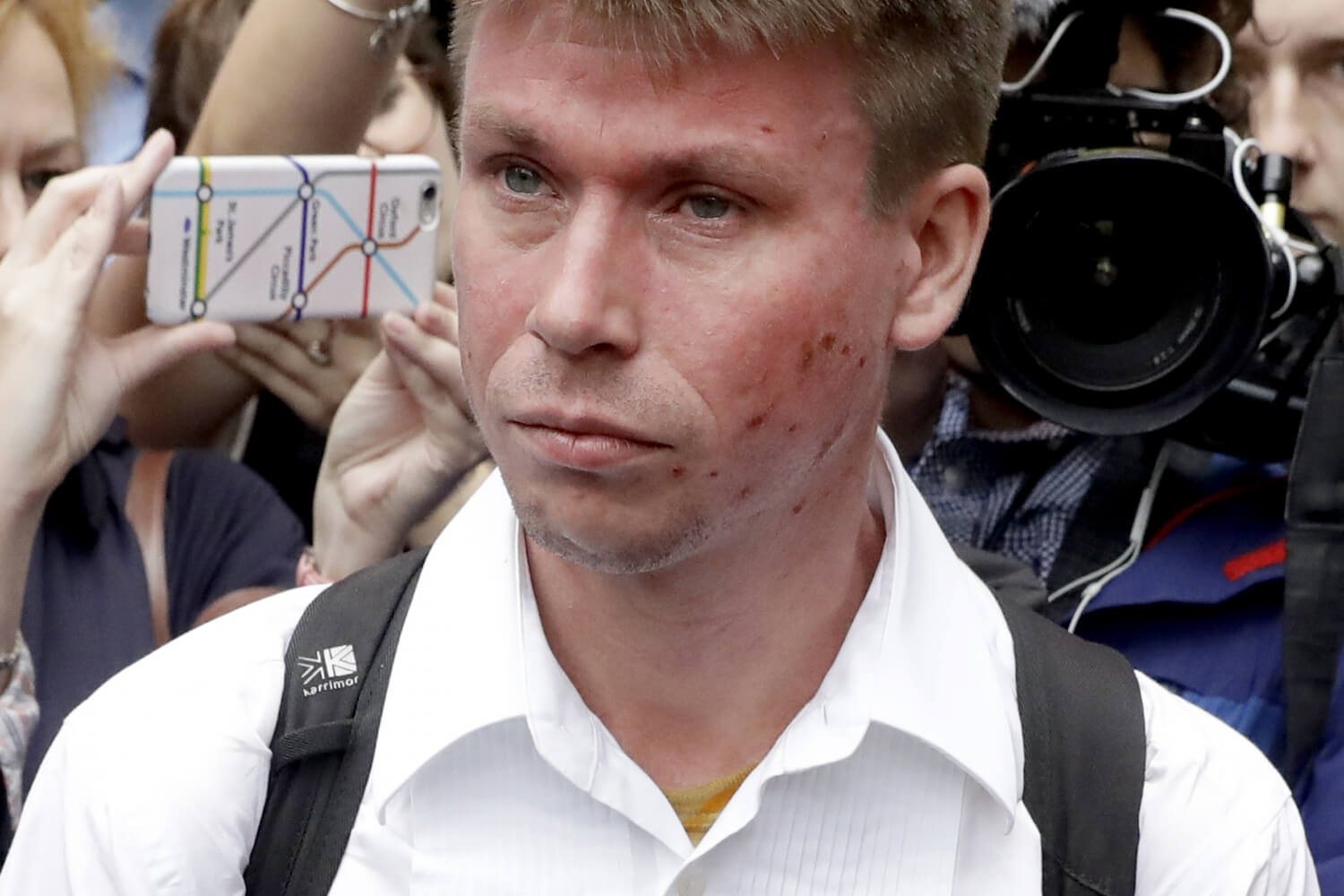Lauri Love, the British hacker accused of breaking into several US government systems, will not be extradited to the United States. The High Court agreed with his lawyers' arguments that he should be tried in the UK and that there was a risk he might kill himself if sent to the US.
Love, who resides in the UK but holds dual British and Finnish citizenship, is accused of accessing confidential US government data described in the extradition request as "telephone numbers, social security numbers, credit card details and salary information of employees, health care professionals, and service personnel."
Love is accused of being part of hacktivist group Anonymous, who coordinated the hacks that were dubbed #OpLastResort. They were part of an online protest against the death of internet pioneer Aaron Swartz, who killed himself after being charged under the US Computer Fraud and Abuse Act.
If found guilty, a US court could have sentenced Love to 99 years in prison. Now that his trial is taking place in the UK, his sentence is likely to be between 12 and 14 years.
Love, who is currently free on bail, has been diagnosed with anxiety, depression, autism, and exhibits "obsessive behaviors." Psychologist Simon Baron-Cohen described him as "a man with several severe disabilities" during his initial extradition hearing in 2016. Love's lawyers have called conditions within US prisons "unconscionable" and "medieval."
The Guardian reports that his father, Rev Alexander Love, had said his son feared for his life because he did not think he could cope with the trauma of being sent to the US.
Following the court's decision, Love said: "This is not just for myself. I hope this sets a precedent for the future for anyone in the same position that they will be tried here."
"We are hopeful that other people will be able to rely on this."
Emma Norton, head of legal casework at Liberty, which intervened in the case, said: "We are delighted that the court has today recognized Lauri's vulnerability, close family connections to the UK and the potentially catastrophic consequences of extraditing him. This was always a case that could have been prosecuted here and it's shameful that Lauri and his family have been put through this terrible ordeal."
